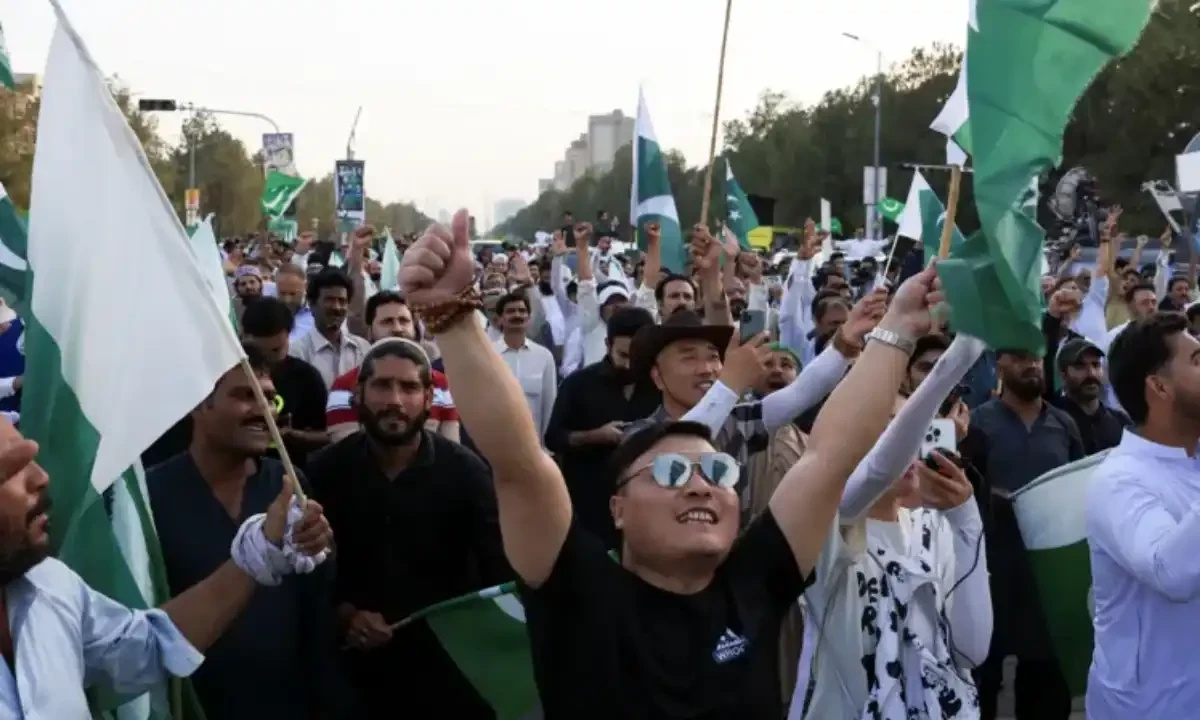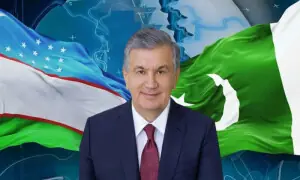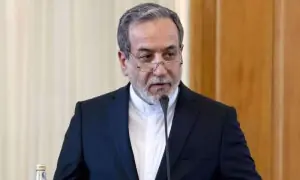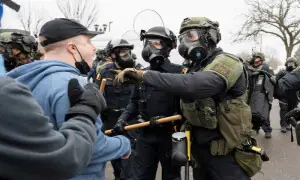Ishaq Dar reveals U.S. urged Pakistan to accept ceasefire after India requested it
Deputy Prime Minister and Foreign Minister Ishaq Dar has disclosed that U.S. Secretary of State Marco Rubio called him to convey that India was willing to agree to a ceasefire, and urged Pakistan to do the same.
Speaking on Aaj News show Rubaroo, Dar said that Marco Rubio informed him during a phone call that the U.S. had spoken to India, which was ready for a ceasefire. Rubio requested Pakistan’s agreement, to which Dar responded that Pakistan was “ready with an open heart.” Following this, Rubio contacted India again and later confirmed to Dar that India had agreed.
Dar further revealed that U.S. President Donald Trump’s remarks about the situation hinted toward the possibility of a nuclear war. “We will not be bullied by anyone, nor will we try to bully others,” Dar said, adding that no one should claim dominance over the region.
Dar reiterated that Pakistan had not initiated any escalation. “We told the world we are ready for investigations. Had we been guilty, we wouldn’t have made such an offer,” he said. He asserted that Pakistan’s stance led to diplomatic success, which in turn pressured India.
He also noted that Pakistan took transparent steps: “Whatever we did, we did it openly and responsibly. The world saw it.”
Criticizing India’s attempts at regional dominance, Dar said that even Western nations acknowledged Pakistan’s truthfulness. “We don’t need arrogance or empty boasts. Our record speaks for itself,” he added.
Dar emphasized Pakistan’s sacrifices in the war on terror, noting that over 90,000 lives were lost and the country suffered $150 billion in economic losses. “We are ready to respond to every positive gesture. We can talk at any neutral venue without any preconditions for a ceasefire,” he affirmed.
Indian media confirms Delhi ran for ceasefire
Earlier, Indian media reported that Indian Foreign Minister S. Jaishankar and National Security Advisor Ajit Doval had contacted the U.S. seeking intervention. According to India Today, they briefed the U.S. and alleged that Pakistan was mobilizing its nuclear arsenal and using civilian aircraft as cover for attacks.
India Today also quoted Trump as saying these revelations compelled U.S. intervention. While this statement remains unverified, CNN reported on Saturday that the U.S. acted due to significant intelligence alerts.
The ceasefire efforts sparked controversy in India, as many initially believed the U.S. intervened independently or on Pakistan’s urging. However, as reality surfaced, even figures like Arnab Goswami changed their tone. During a live show, Goswami harshly criticized Trump until he received a phone message during a break, after which his stance visibly softened.
The Modi government now faces domestic criticism for allegedly “begging” for a ceasefire due to fears of Pakistan’s nuclear capabilities. This contradicts the earlier media narrative that India had full control over any potential conflict with Pakistan and would never allow a nuclear retaliation window.
























Comments are closed on this story.